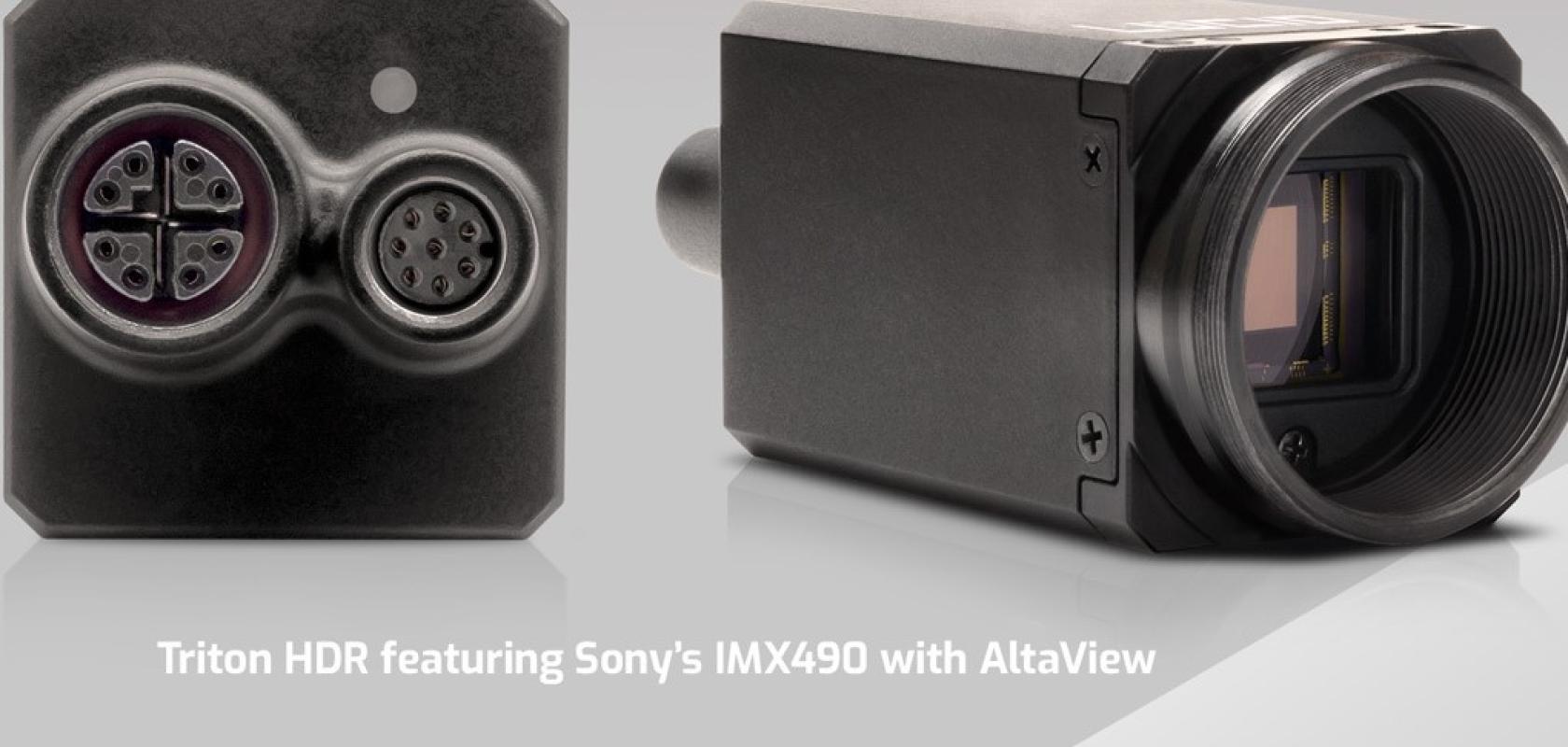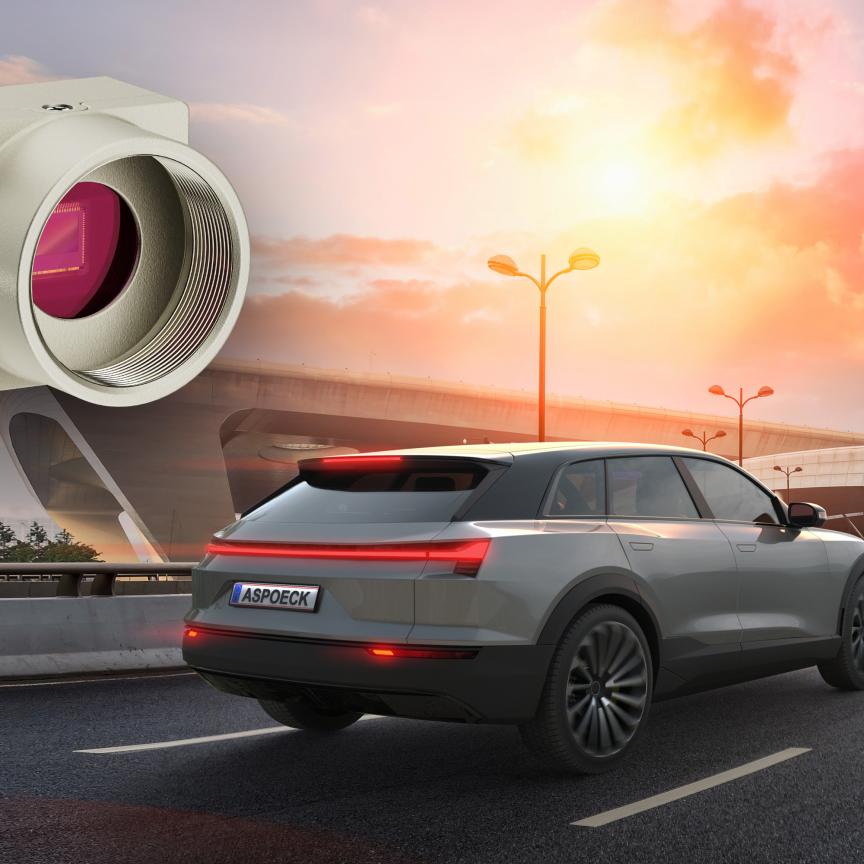Lucid Vision Labs has launched the new 5.4MP Triton HDR camera featuring the AltaView on-camera adaptive tone mapping engine.
With a large 5.4MP, 2880 x 1860 pixel resolution, the Triton HDR camera enables a wide-angle field of view and high precision recognition in both daytime and nighttime for advanced driver assistance systems (ADAS) and autonomous driving.
This camera model is also suited to other applications that demand high dynamic range (HDR) imaging such as electrical fuse inspection, high contrast medical imaging, live visible welding analysis, as well as ITS applications.
The Triton HDR TDR054S utilises the Sony IMX490 back-illuminated stacked CMOS sensor, allowing for simultaneous 120dB HDR imaging and LED flicker mitigation thanks to its sub-pixel technology.
Featuring LUCID’s AltaView adaptive tone mapping engine, the camera delivers real-time tone-mapped image output directly from the camera, producing data-rich 8-bit images with enhanced details in the shadows and highlights.
The AltaView output offers perceptually equivalent lower bit depth HDR images, reducing CPU/GPU resources required for efficient artificial intelligence processing and mobile sensing applications.
Triton’s design offers IP67 protection, Power over Ethernet and provides protection against shock, vibration, water, dust, and electromagnetic interferences. It features Active Sensor Alignment, M12 Ethernet and M8 general purpose I/O connectors for a robust connection, industrial EMC immunity, and a wide ambient temperature range of -20°C to 55°C.
All Lucid cameras conform to the GigE Vision 2.0 and GenICam3 standards and are supported by the firm’s Arena software development kit, which supports Windows, Linux 64bit and Linux ARM operating systems, and C, C++, C# and Python programming languages.


